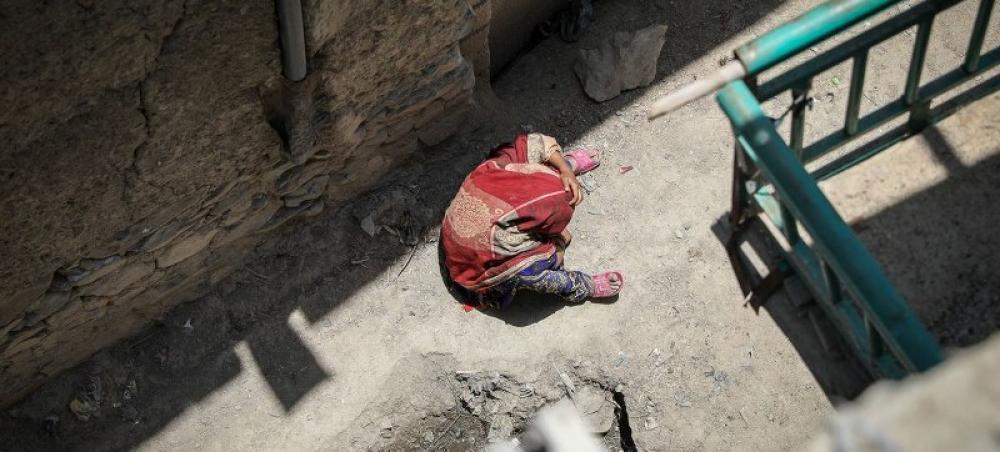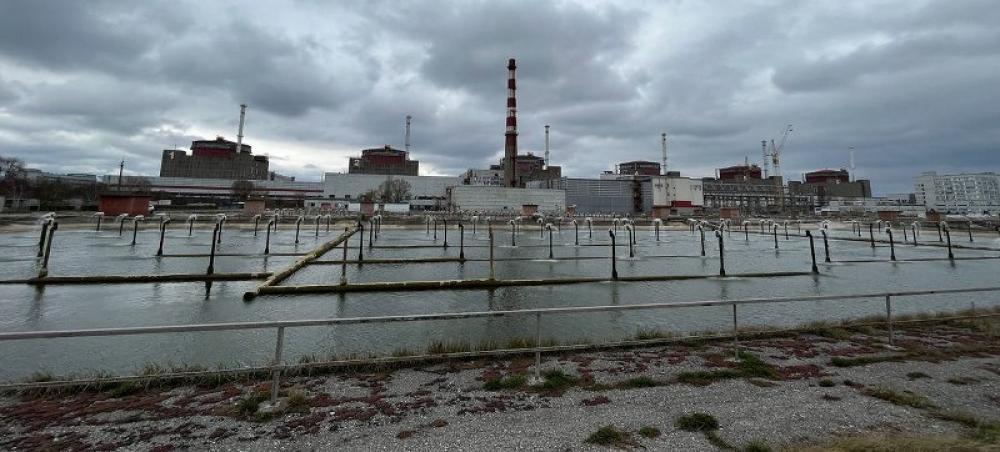24 Nov 2015, 05:46 am Print

“Health systems in the European Region, including those of countries that receive refugees and migrants, are well equipped to diagnose and treat common infectious and non-communicable diseases,” said Zsuzsanna Jakab, WHO Regional Director for Europe, which includes Turkey and has received nearly three million refugees and migrants this year alone.
“But we, as a region, must seek to ensure that all countries are adequately prepared and organized to withstand the added pressures of supporting a mass influx of people, while at the same time protecting the health of their resident populations,” she told health ministers and high-level representatives from Europe and other WHO regions at the start of the two-day meeting.
The aim is to agree on a common approach and joint action as large-scale migration places immense and often unexpected pressure on the health systems of host countries, testing both their capacity and preparedness.
In 2015, nearly two million refugees and migrants have taken shelter in Turkey, and more than 700,000 in other countries of the region.
Mass population movements, water shortage and inadequate shelter and sanitation increase the risk of catching communicable diseases.
“A good response to the challenges of people on the move requires health system preparedness and capacity, including robust epidemiological data and migration intelligence, careful planning, training and, above all, adherence to the principles of equity, solidarity and human rights,” Jakab said.
“A common framework for joint action on refugee and migrant health in the WHO European Region is of urgent importance,” she added, stressing the need for collective actions.
Due to increased risk of communicable diseases, vaccination is high on the agenda, with UN agencies recommending immunization without delay according to the national schedules of any country where they may reside for more than a week.
In view of recent measles outbreaks, countries should prioritize vaccination against measles, mumps and rubella (MMR) and polio, but vaccination is not recommended at border crossings unless there is an outbreak in the host or transit country.
Many countries, particularly those on the front line, have already undertaken vaccination campaigns for new arrivals, but these groups still face many complex challenges, including limited access to health services, due to high cost, lack of information and administrative, cultural or language barriers.
Photo: UNICEF/Ashley Gilbertson VII
- New study shows vaccine campaigns cut deaths by nearly 60 per cent
- New study reveals relationship between caffeine consumption and slow cellular ageing
- Every hour, 100 people die of loneliness-related causes, says WHO
- DR Congo: New initiative to eliminate HIV in children ‘a beacon of hope’, says UN
- WHO study shows tobacco control efforts protect three-quarters of the world’s population






